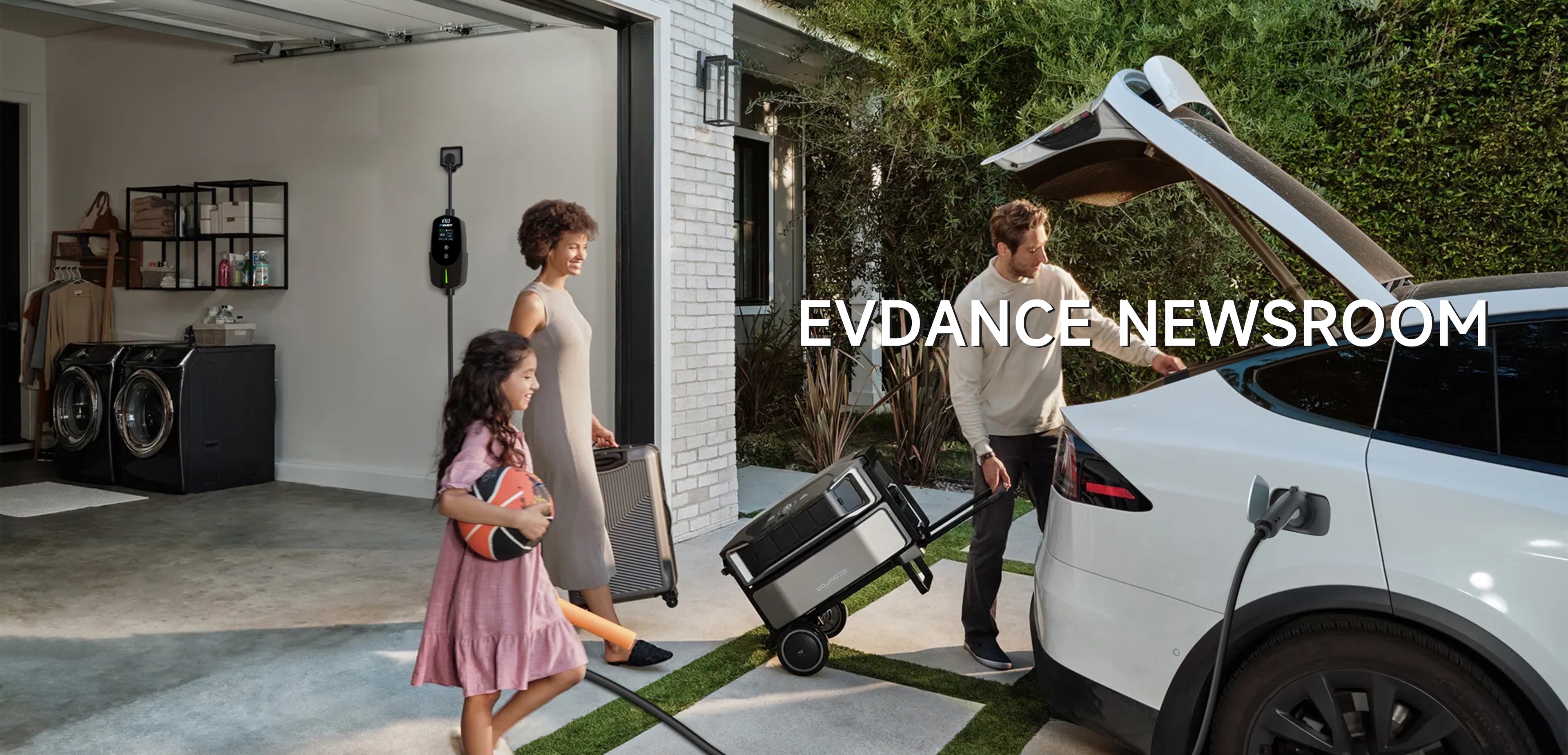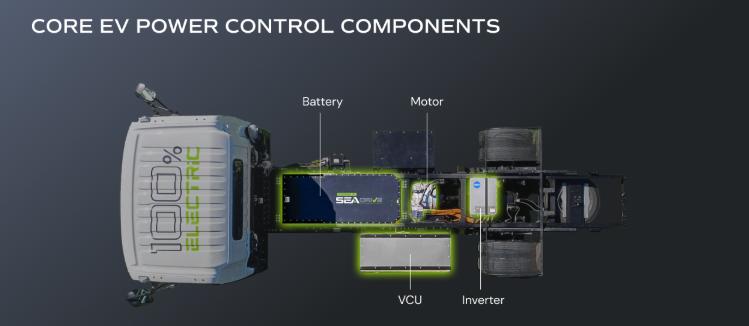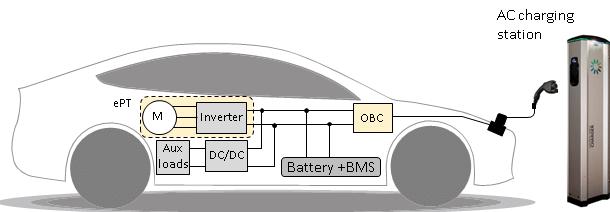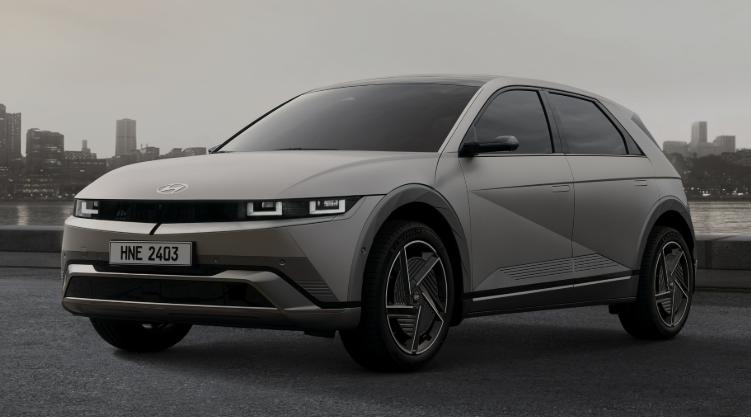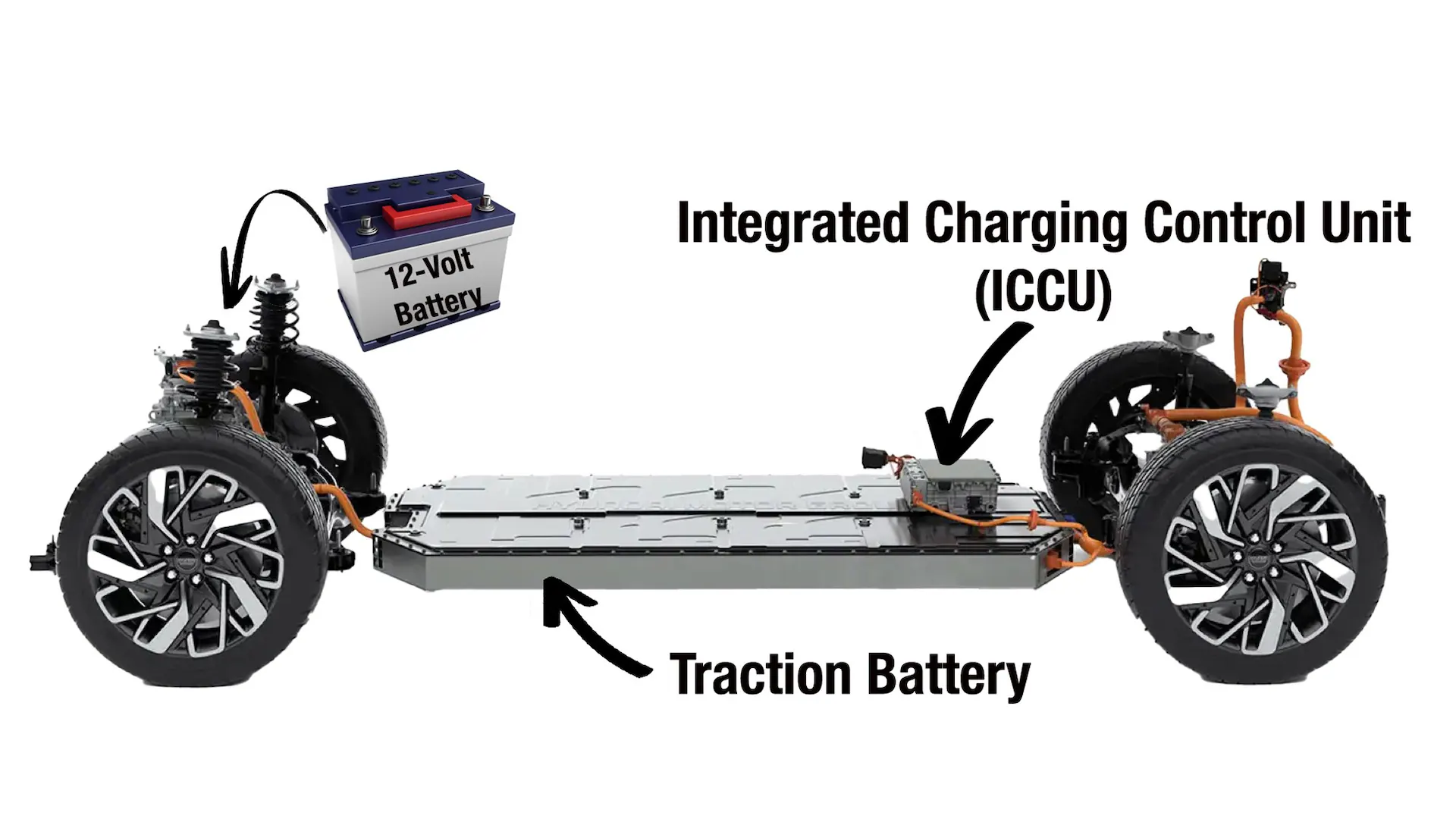Blog
- All
- Basic Introduction
- Battery Tech
- Buying Guide
- BYD
- Cadillac
- Charging
- China
- Elon Musk
- Ford
- HOA
- Hyundai
- ICCU
- Industry Outlook
- Kia
- Model Comparisons
- Monthly EV Lease Deals
- Monthly EV Recommendation
- NEMA Plug
- Policies & Incentives
- Range
- Renault
- Repair & Maintenance
- RIVIAN
- Road Trip
- Sales
- Solar
- Tesla
- User Guide
- Volkswagen
- Xiaomi
What Is a Vehicle Charging Control Unit (VCCU)?
The Vehicle Charging Control Unit (VCCU) is the core controller in EV charging systems, regulating power flow, managing communication with the charger and battery management system (BMS), and ensuring charging safety. It supports AC/DC switching, real-time battery monitoring, and smart charging protocols like ISO 15118. As EVs evolve, the VCCU enables features such as V2G, remote diagnostics, and AI-driven charging. It’s a key enabler of safe, efficient, and intelligent EV charging in modern electric vehicles.
What Is an Onboard Charger (OBC) in an EV? Understanding How Your Car Charges
The Onboard Charger (OBC) is a crucial EV component that converts AC power from home or public chargers into DC power to safely charge the battery. OBC power ratings typically range from 3.3 kW to 22 kW, determining AC charging speed. Unlike DC fast charging, which bypasses the OBC, onboard chargers ensure stable, efficient, and safe charging. Advanced OBCs also enable bi-directional energy flow for Vehicle-to-Grid (V2G) applications. Understanding OBC function helps EV owners optimize charging strategies and select compatible accessories.
ICCU Failures in Electric Vehicles: What Owners Need to Know
The Integrated Charging Control Unit (ICCU) is vital for managing EV charging and power systems, but failures can cause charging issues, 12V system loss, or even vehicle immobilization. Common causes include thermal stress, software bugs, and voltage spikes. Owners of models like Hyundai IONIQ 5 and Kia EV6 have reported ICCU problems, often requiring full unit replacement covered by warranties. Preventive measures include using quality chargers, avoiding peak heat charging, keeping software updated, and monitoring 12V battery health to extend ICCU lifespan and ensure reliable EV operation.
Understanding the ICCU in Electric Vehicles: What It Is and Why It Matters
The Integrated Charging Control Unit (ICCU) is an innovative all-in-one system that merges onboard charging, DC-DC conversion, and charging control in electric vehicles. By simplifying vehicle architecture, improving charging efficiency, and enabling bi-directional charging like V2L and V2G, ICCUs play a crucial role in the future of EV technology. Leading automakers like Hyundai and Kia have adopted ICCU technology, which supports ultra-fast charging and smart energy management, paving the way for more compact, cost-effective, and sustainable electric vehicles.




